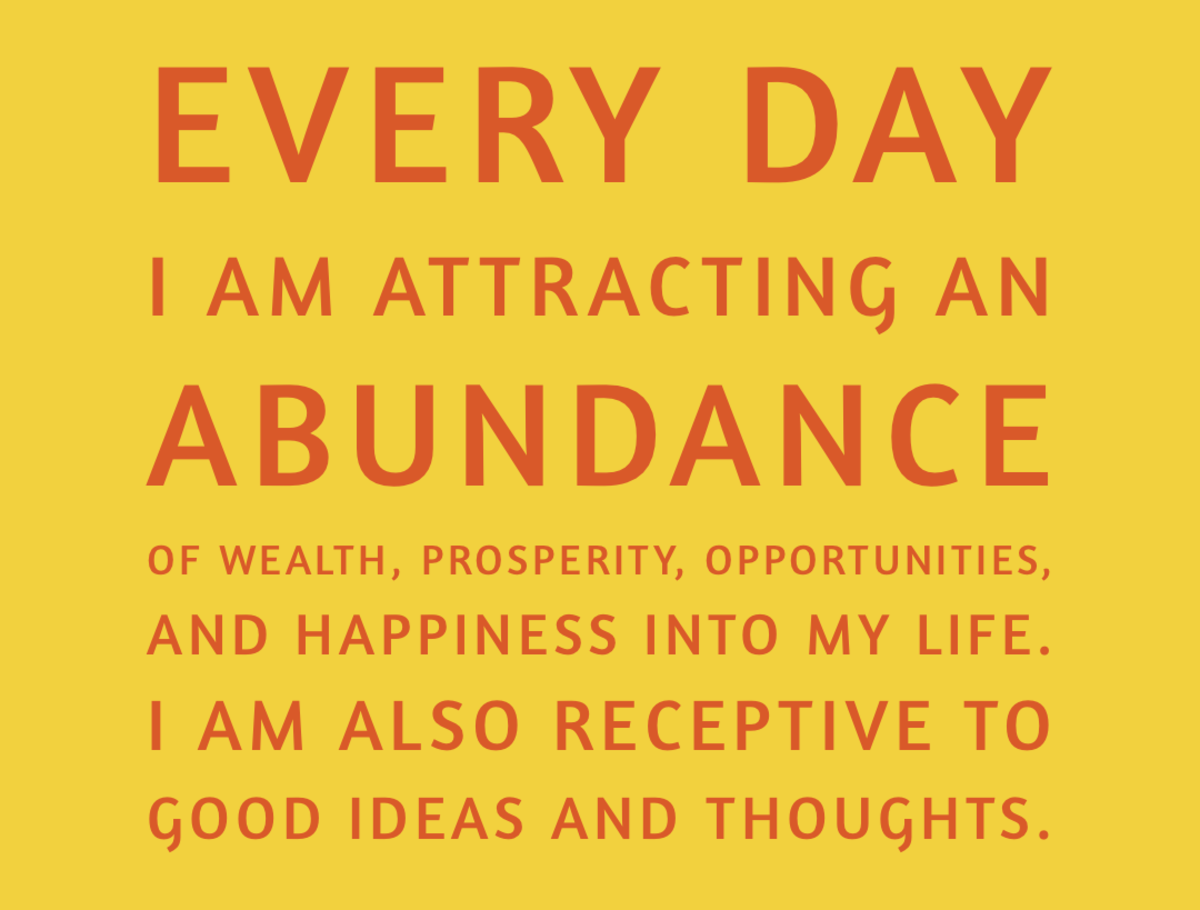Chapter 1
1
Life changes fast.
Life changes in the instant.
You sit down to dinner and life as you know it ends.
The question of self-pity.
Those were the first words I wrote after it happened. The computer dating on the Microsoft Word file ('Notes on change.doc') reads 'May 20, 2004, 11:11 p.m.,' but that would have been a case of my opening the file and reflexively pressing save when I closed it. I had made no changes to that file in May. I had made no changes to that file since I wrote the words, in January 2004, a day or two or three after the fact.
For a long time I wrote nothing else.
Life changes in the instant.
The ordinary instant.
At some point, in the interest of remembering what seemed most striking about what had happened, I considered adding those words, 'the ordinary instant.' I saw immediately that there would be no need to add the word 'ordinary,' because there would be no forgetting it: the word never left my mind. It was in fact the ordinary nature of everything preceding the event that prevented me from truly believing it had happened, absorbing it, incorporating it, getting past it. I recognize now that there was nothing unusual in this: confronted with sudden disaster we all focus on how unremarkable the circumstances were in which the unthinkable occurred, the clear blue sky from which the plane fell, the routine errand that ended on the shoulder with the car in flames, the swings where the children were playing as usual when the rattlesnake struck from the ivy. 'He was on his way home from work—happy, successful, healthy—and then, gone,' I read in the account of a psychiatric nurse whose husband was killed in a highway accident. In 1966 I happened to interview many people who had been living in Honolulu on the morning of December 7, 1941; without exception, these people began their accounts of Pearl Harbor by telling me what an 'ordinary Sunday morning' it had been. 'It was just an ordinary beautiful September day,' people still say when asked to describe the morning in New York when American Airlines 11 and United Airlines 175 got flown into the World Trade towers. Even the report of the 9/11 Commission opened on this insistently premonitory and yet still dumbstruck narrative note: 'Tuesday, September 11, 2001, dawned temperate and nearly cloudless in the eastern United States.'
'And then—gone.' In the midst of life we are in death, Episcopalians say at the graveside. Later I realized that I must have repeated the details of what happened to everyone who came to the house in those first weeks, all those friends and relatives who brought food and made drinks and laid out plates on the dining room table for however many people were around at lunch or dinner time, all those who picked up the plates and froze the leftovers and ran the dishwasher and filled our (I could not yet think my) otherwise empty house even after I had gone into the bedroom (our bedroom, the one in which there still lay on a sofa a faded terrycloth XL robe bought in the 1970s at Richard Carroll in Beverly Hills) and shut the door. Those moments when I was abruptly overtaken by exhaustion are what I remember most clearly about the first days and weeks. I have no memory of telling anyone the details, but I must have done so, because everyone seemed to know them. At one point I considered the possibility that they had picked up the details of the story from one another, but immediately rejected it: the story they had was in each instance too accurate to have been passed from hand to hand. It had come from me.
Another reason I knew that the story had come from me was that no version I heard included the details I could not yet face, for example the blood on the living room floor that stayed there until José came in the next morning and cleaned it up.
Excerpted from The Year of Magical Thinking by Joan Didion Copyright © 2005 by Joan Didion. Excerpted by permission of Knopf, a division of Random House, Inc. All rights reserved. No part of this excerpt may be reproduced or reprinted without permission in writing from the publisher.

A week ago, I darted up the stairs to my room, in a rush to enclose myself in my space and my mind, away from the world that was my dad shouting incoherently at Chris Wallace through the barrier of the television. I had gone to the library curbside pickup earlier that day, and I now cracked open The Year of Magical Thinking by Joan Didion. I was depressed. We were—are—all depressed. It seemed somehow fitting that I should read a book by a grieving author while I was grieving the loss of my country as well as any normalcy I might have experienced in the early months of 2020.

Didion describes the sudden loss of her husband, her grieving process, and how thereafter she struggled to perform actions like giving away his shoes, for if she did, this would not “allow” him to return as he would need his shoes at home. This latter idea is known as “magical thinking”—our way of trying to escape the inevitable or the truth through supposedly causal behaviors, thoughts, or rituals.
The Year of Magical Thinking. Critics' Opinion: Readers' Opinion: First Published: Oct 2005, 240 pages Paperback: Feb 2007, 214 pages Genres. The year 2020 will be remembered as a year of magical thinking, with myriad industries forced to rethink how they show, sell and engage with members of the trade and the public due to the.
I have found myself engaging in a lot of magical thinking this year. This year, this sacrilegiously awful year of COVID. This year of songbirds falling, dead, out of the Western skies in beautifully sad attempts to escape an unregistered climate emergency. This year of Trump, of me at home when I should be at university, of America, here, now.

Nights like these are respites for me. I have not yet fallen ill with the novel coronavirus that I know of, so I lie on my bed beneath fairy lights, completing my pre-med coursework and preparing for the next day’s Zoom sessions. I am not sick and the world is dark, so the pandemic is not happening. Likewise, a few weeks ago when night finally fell on my Chicago skies, which at day were white and filled with PM 2.5 particles from California ash, the wildfires had ceased to ever be. If night falls in my time zone, I attribute a calming effect to it, believing that the night I experience causes everything else which is bad to cease, and moreover, to never have taken place.
When I sealed myself off from the presidential debate a week or so ago, I made the debate stop for a while. My own behaviors exhibited causality with the external world. I holed up in my suburban home and Trump stopped interrupting Biden, Chris Wallace vanished into thin air, and Biden became my president, ending the so-called “shitshow.” And the climate emergency was resolved in one fell swoop.
Yet I am not the only American to be magically thinking this year. We are most of us numb and saddened by what has occurred, and so many of us have turned into machines revolving around our day-to-day rituals and numbers. The American thinks to herself, if I recycle and compost as much as I can today and for as long as I can, then I will save the environment and things will be okay and maybe, just maybe, it will be okay for me to have children. Or else the American counts her 10,000 steps a day inside while quarantining, because as long as I get my steps in every day and maybe also take an Alive! Multivitamin I won’t get Covid and become one of those long haulers. You can’t help but notice the fabulous uptick in walkers and joggers in your neighborhood during the past six months. Is it because we’re all stuck at home and we’ve decided to get fit! or is it because we’re all just counting our numbers and ritualizing our actions because we attribute grandiose causality to them like a basket of religious zealots? You tell me.
Yet where does the line between magical thinking and real causality get placed in this time of turbulence? The link between sharing political postings on Facebook or Instagram and actually influencing a follower’s political post is weak at best, but we’re all doing it anyway, sharing away like a pack of fiends and urging each other to VOTE. We’re putting up signs in our lawns and text banking for Joe even though this, too, is unlikely to change anyone’s mind at this point and sometimes you get responses from Trump supporters such as the ever-eloquent “Eat my a**.” We all know in our heart of hearts that if we don’t post that post specifically that one, or text 100 more registered voters, then we will single-handedly lose the election for Biden.
My Year Of Magical Thinking Joan Didion
No American wants to be the person who could’ve done more but didn’t. For Biden, about COVID, about climate change, about everything. If it helps me, if it helps us as patriotic Americans and world citizens, to try to help the world or try to help get Biden in the White House if we think magically, then so be it. Let the magical thinking continue.

The Year Of Magical Thinking Summary
Let it unfurl and proliferate in the mind of every American. Download lightroom mac torrent.
